
The International Criminal Court (ICC) is something quite distant for Latin America, and not only because its headquarters are in the Netherlands. One of the most common criticisms of this tribunal, which is the only one with permanent international jurisdiction to try crimes against humanity worldwide, is that it has been too focused on aberrations committed in Africa. However, the magnitude of the Venezuelan tragedy forced the ICC to pay more attention to Latin America. In fact, The Hague and its prosecutor Karim Khan have been working for months on the formal case against the Nicolás Maduro regime for the brutal repression of anti-government demonstrations in 2017.
Leaders, journalists and independent organizations have been denouncing systematic state violence by Nicolás Maduro's government against citizens and opposition leaders for years. They were joined by Michelle Bachelet, who as High Commissioner for Human Rights also reported thousands of extrajudicial executions, as well as arbitrary arrests, torture and sexual abuse.
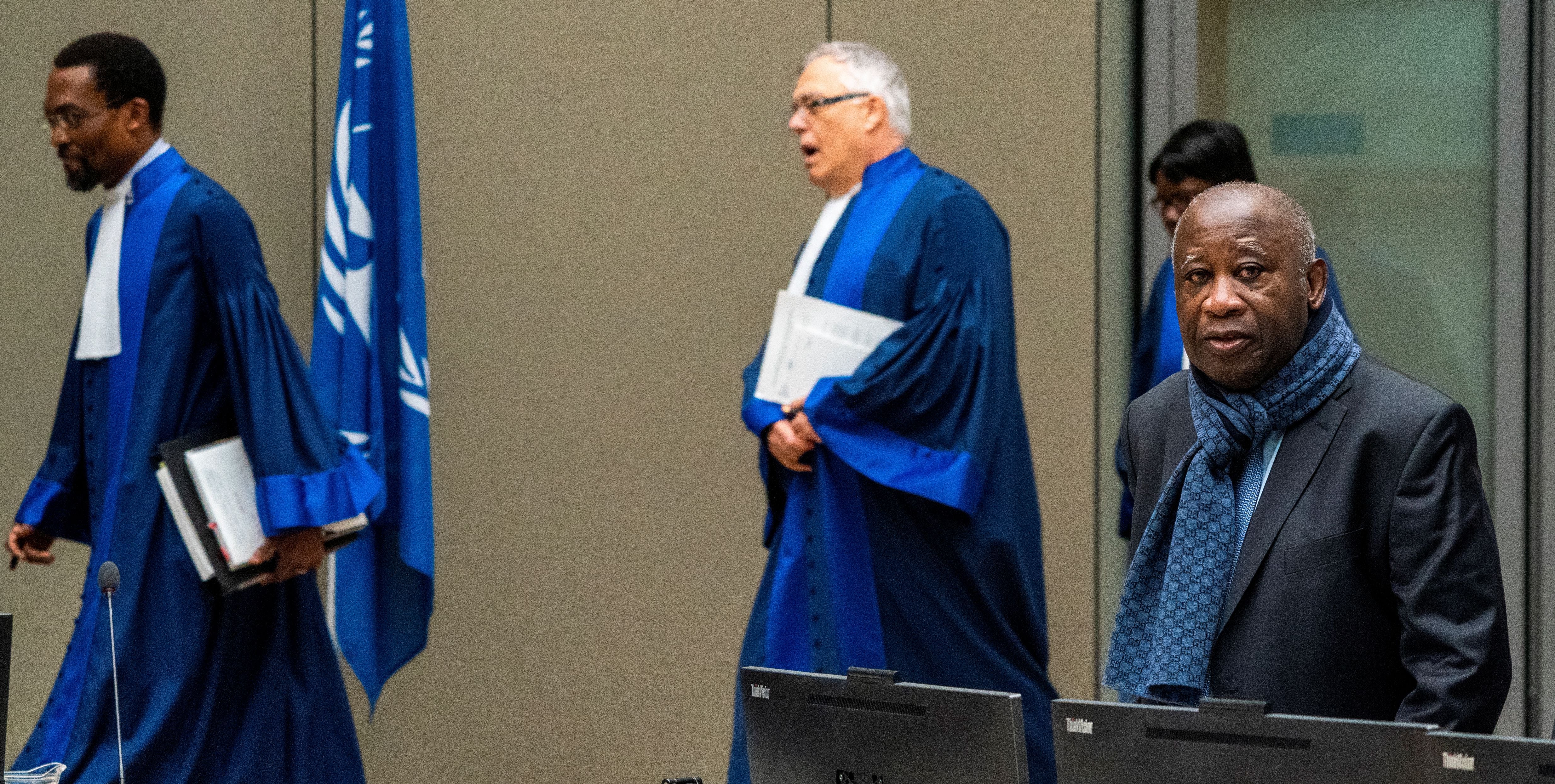
The ICC opened the preliminary investigation in 2018 into the action of law enforcement agencies in the repression of protests against the Maduro government a year earlier, in which some 100 people died. Khan's predecessor, Fatou Bensouda, had already made it clear that there was a “reasonable basis” for believing crimes against humanity had been committed and spoke of an “inaction” by the Venezuelan authorities to investigate them.
Now, with the formal investigation underway, the Hague Court is not targeting only Maduro, what it is investigating is a systematic plan ordered by the dictator but executed by a group of its officials with decision-making positions in key units of the Venezuelan state: national, commanders of the Bolivarian National Police, the Bolivarian National Intelligence Service (SEBIN), the General Directorate of Military Counterintelligence (DGCIM), the Special Action Forces (FAES), the Scientific, Criminal and Criminal Investigations Corps (CICPC), the National Guard Bolivarian (GNB), the National Anti-Extortion and Kidnapping Command (CONAS), and other units of the Bolivarian National Armed Forces (FANB).
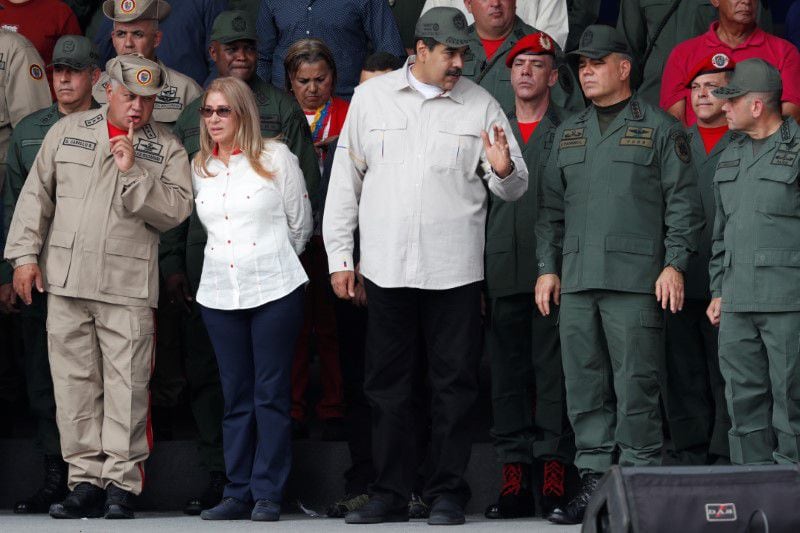
What is and how does the ICC work, the only legal tool the world has to judge attacks against humanity:
The formation of the ICC was the result of a lengthy process. It is only after the Great War that the world began to become aware of the need for a transnational regulatory framework, to prevent a recurrence of such a disaster. As is known, the efforts were fruitless.
The first proposals were submitted during the Paris Peace Conference in 1919. Two decades later, the League of Nations was beginning to discuss the creation of an international tribunal, when the Second World War broke out.
After the conflagration, the allied powers created two ad hoc tribunals to try the crimes of the vanquished. The most famous was the International Military Tribunal that condemned the crimes of Nazism in the Nuremberg Trials, between November 1945 and October 1946. The other was the International Military Criminal Tribunal for the Far East, in charge of the Tokyo Trials.
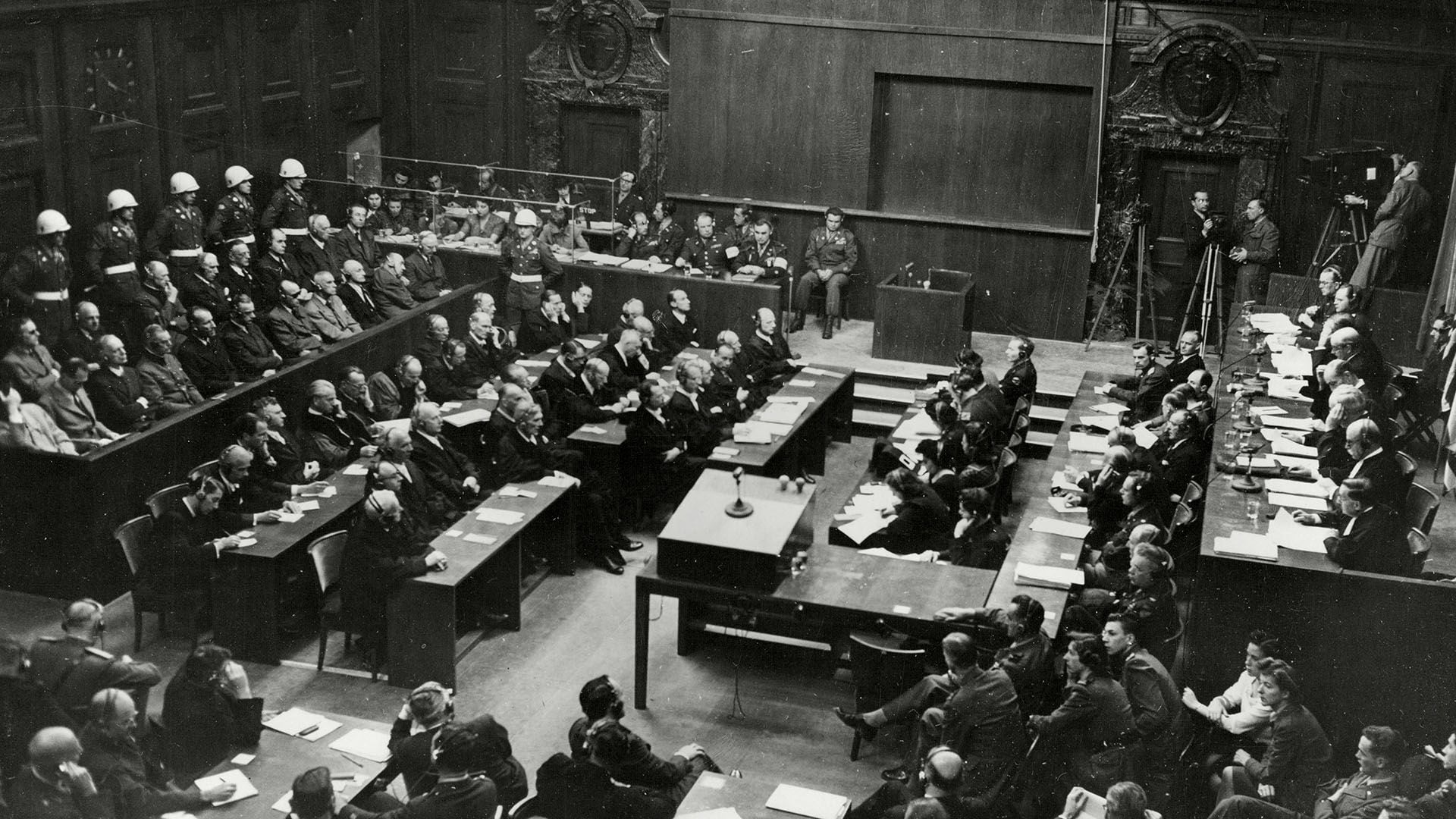
In 1948, the General Assembly of the newly created United Nations Organization postulated the need to create a permanent court to deal with war crimes and genocide, and commissioned the International Law Commission (ILC) to prepare a draft. However, the initiative was unfeasible in the world broken in two of the Cold War, which postponed any progress in that direction for almost half a century.
In 1989, as the Soviet bloc staggered, the idea was revived by Arthur Robinson, Prime Minister of Trinidad and Tobago. His proposal was to create a body capable of trying a crime without borders that was beginning to dominate the global security agenda: drug trafficking. The UN once again entrusted the Commission with the preparation of a draft.
Before any institutional design was advanced, the Security Council established two ad hoc international tribunals to deal with the two genocides that shocked the world in those years: in 1993 the one that investigated crimes committed in the former Yugoslavia was formed and in 1994 the one that tried those in Rwanda. These were fundamental milestones, which, in addition to ending with historical prosecutions — such as that of Slobodan Milošević, former president of Serbia and Yugoslavia — served as models.
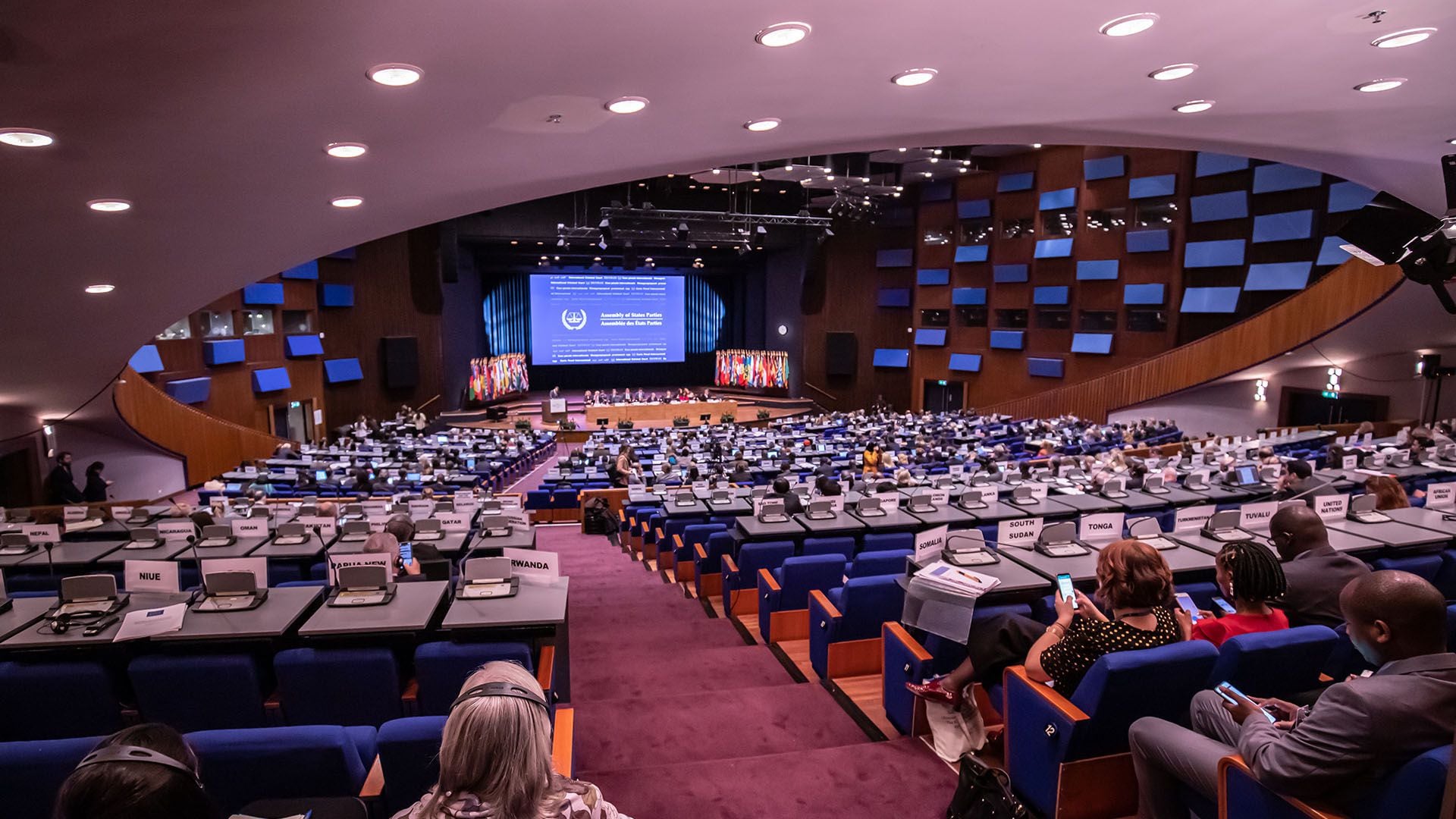
In June 1998, the UN General Assembly convened a conference in Rome, which a month later concluded with the signing of the statute that became the founding charter of the ICC. It was signed by 120 countries, although many did not ratify it and some of the most important ones ended up rejecting it, such as the United States, China and Russia.
The Court entered into force on July 1, 2002 and currently has jurisdiction over 123 countries, including almost all Latin American and European nations, and part of African and Asian nations. It has jurisdiction to try crimes committed in any of them, but not in any other.
Paola Gaeta, professor of international law at the University Institute of Higher International Studies in Geneva, explained to Infobae that “the greatest achievement of the ICC is the very fact that it exists”, since its formation took a lot of time and effort, as well as overcoming many resistances. “It took a century to realize the dream of a permanent international criminal court. The first person to have this idea was Gustave Moynier, a Swiss jurist who together with Henry Dunant founded the International Committee of the Red Cross. The ICC and its functioning can be criticized, of course. However, that does not mean skepticism regarding the project that the ICC is trying to carry out, which is to promote cultural change, for which there should be no impunity for mass atrocities,” he said.
The process
The assembly of country parties is the governing body of the ICC. It appoints judges and prosecutors, and may modify its procedures. It meets at least once a year, in The Hague or New York, and has a president who rotates every three years.
The Court is composed of four organs: the Presidency, the Judicial Division, the Office of the Prosecutor and the Registry. The 18 judges who are members of the Judicial Division for a term of nine years must be citizens of the member countries, although there cannot be two of the same nationality at the same time. They are divided into three chambers, which deal with the different stages of the process: Preliminary Affairs, First Instance and Appeals.
Among the 18 magistrates they elect the president of the court, who since 2021 is the Polish Piotr Hofmański. In addition to supervising and coordinating the work of the different layers, it is the visible face of the body to the outside. He remains in office for three years and cannot be re-elected.
But the most notorious figure in the ICC is usually the chief prosecutor, since he is the one who conducts the investigations and the prosecutor. Therefore, their work is more public than that of judges. The term of office lasts nine years. The British Karim Khan succeeded Bensouda, who initiated investigations against the Chavista regime
The Secretariat is responsible for administrative work. It hires staff, ensures that the premises are in good condition and controls the ICC detention centre in The Hague.
With relative autonomy, there is another fundamental body, the Office of the Public Counsel, which provides free defence services to defendants, to ensure that they have a fair trial. In addition, there is an office representing victims, who play a very active role throughout the trial.
For a person to be judged, certain requirements must be met. The first is that he should be accused of having committed any of the crimes contemplated in the Rome Statute. The most important are genocide, crimes against humanity, war crimes and crimes of aggression.
The second is that the actions judged have been carried out within the territory of a nation that is part of the ICC or by citizens of any of them anywhere in the world. And the third is that the facts are after July 1, 2002, when the court was formed, so that the sentences cannot be challenged by retroactive ones.
“Criminal trials are generally similar in different countries and, in that sense, the ICC does not differ at all. A criminal lawyer trained in courts anywhere in the world would recognize ICC procedures and would understand that this is a criminal trial. Therefore, it is no different in general terms,” explained William A. Schabas, professor of international law at Middlesex University, consulted by Infobae.
It is the prosecutor who decides whether to open a case or not, but under certain conditions. The main one is that the case be brought to him by a state party or by the UN Security Council. The alternative is to have information brought to him by a non-governmental actor, but in that case it is necessary for the Pre-Trial Chamber to authorize him first to investigate the matter.
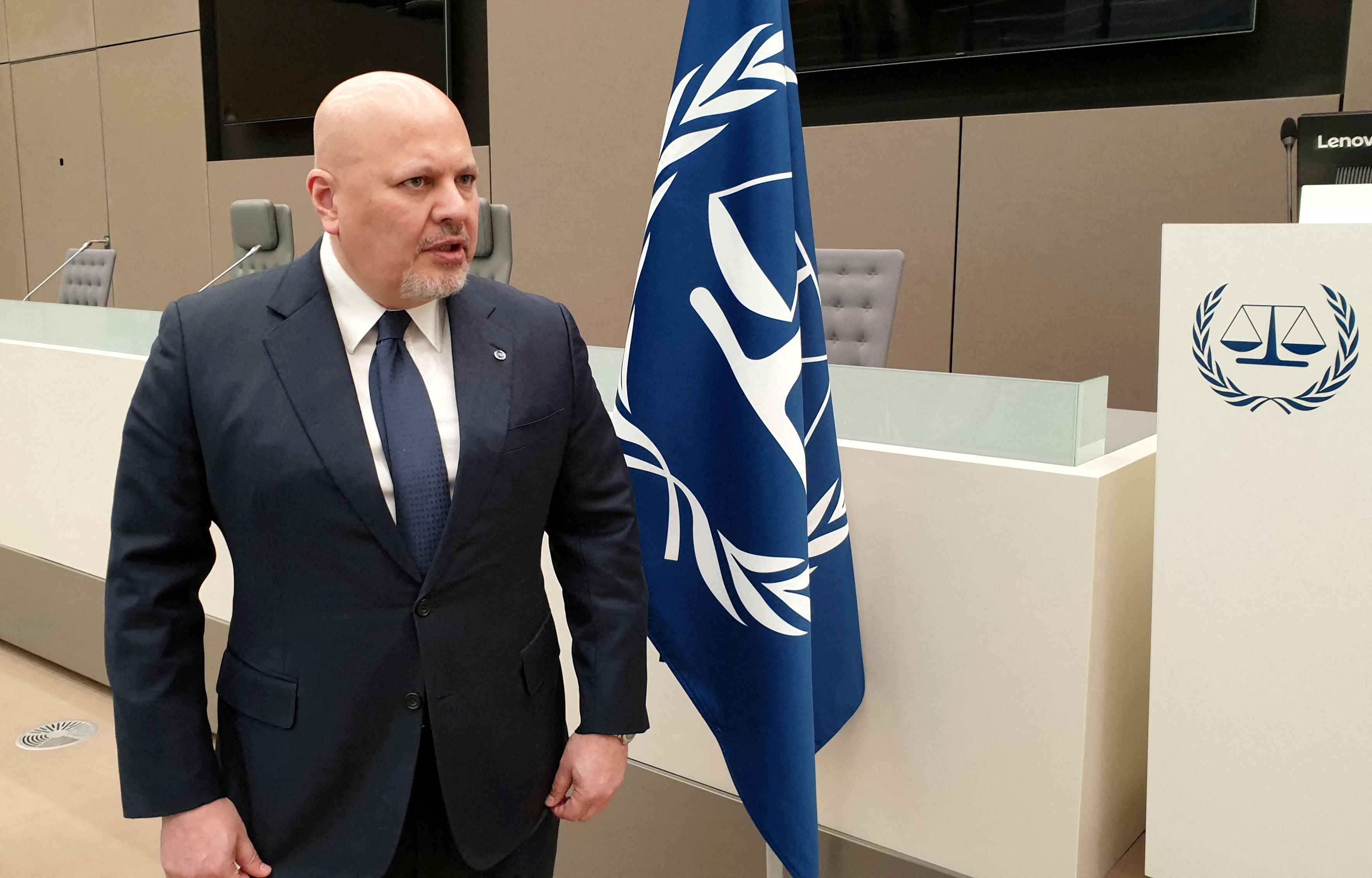
Once the prosecutor decides to indict, the same chamber must evaluate the evidence and decide whether it is enough to begin the trial. In that case, the judges that compose it hold a hearing in which they read the charges to the accused and, if he pleads not guilty, the process begins. For this to be possible, it is imperative that the accused be present, either of his own free will or forcibly taken after the execution of an international arrest warrant. If not, there is no trial.
After the parties present their case over several hearings, the Chamber of First Instance deliberates and renders a judgment. Both the prosecutor and the defense can appeal and the final decision is made by the Appeals Chamber. The maximum sentence stipulated by the ICC is 30 years in prison. Although it has its own detention center in The Hague, it is common for sentences to be served in a prison offered by one of the subscribing states. Economic penalties and reparations can also be applied to victims.
David Scheffer was the United States Ambassador Extraordinary for War Crimes Affairs and is director emeritus of the Center for International Human Rights at Northwestern University. In a dialogue with Infobae, he said that the ICC's judicial standards are higher than those of many countries. “Judges from several countries participate in a trial, each of which brings their national experience and perspective in criminal law matters. There are many preliminary steps in a trial, which are designed to ensure that the prosecutor presents sufficient evidence and that the defendant enjoys full guarantees, something that is not found in many national courts. In addition, victims have an important role in the courtroom during the trial, something that is not normally seen at the national level either.”
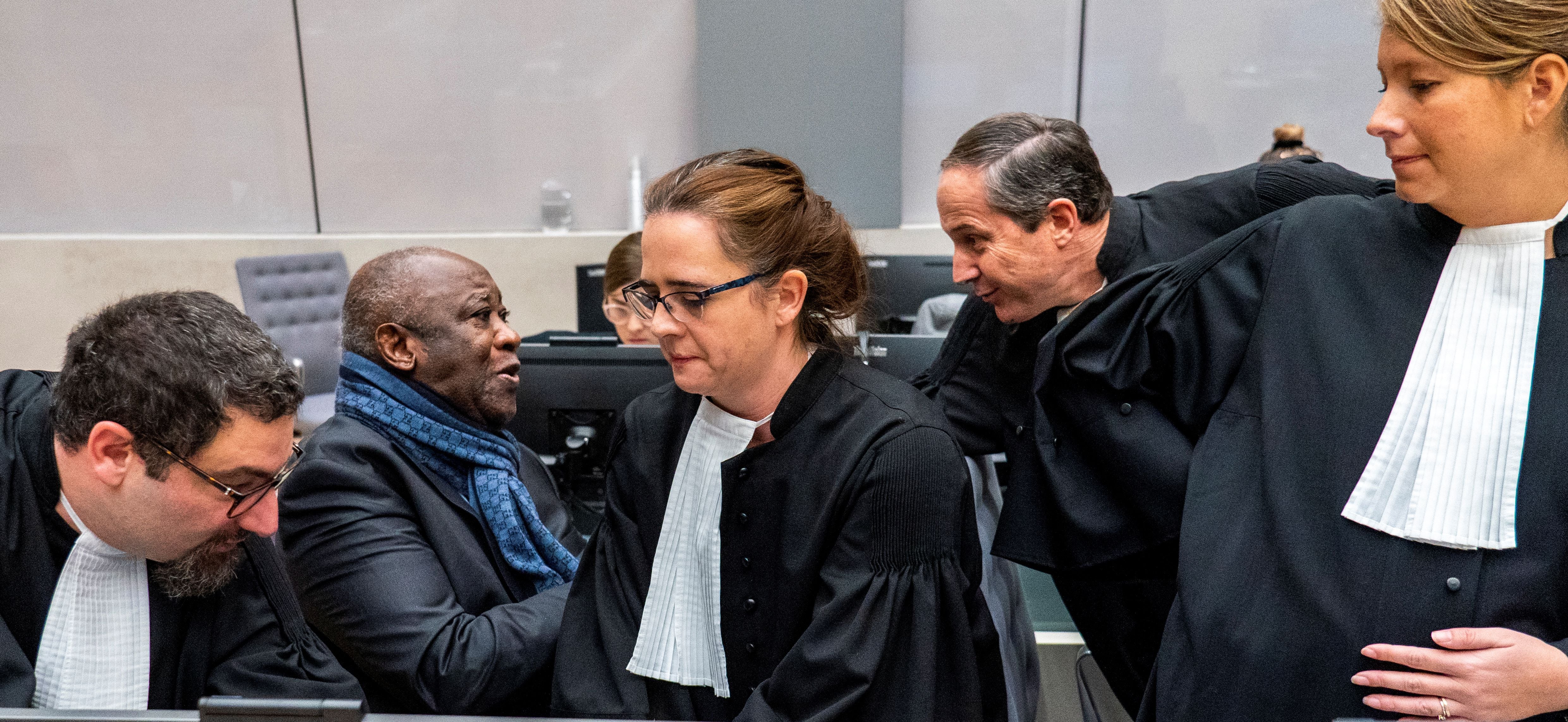
A mixto scale
In its nearly two decades of life, the ICC could only partially meet the expectations that existed when it was projected. The biggest source of disappointment is that it is a tribunal that claims to be global, but that only has jurisdiction over half the planet. Even if it works perfectly, as long as countries of the geopolitical and demographic size of the United States, China, India and Russia remain on the outside, its scope will always be limited.
“The ICC is an organization that member states have conferred jurisdiction to prosecute and punish persons allegedly responsible for crimes within their competence,” Gaeta said. As an international tribunal, the enforcement of sentences, the collection of evidence, the detention of suspects, etc., necessarily require the cooperation of countries. The late jurist Antonio Cassese once compared international courts to giants without legs or arms, to emphasize that they need to rely on judicial cooperation. The ICC cannot do the job alone, it desperately needs political support from the states.”
The United States had been part of the core of countries that promoted the creation of the tribunal during Bill Clinton's presidency, but Congress never ratified the Rome Statute and the country left for good during the presidency of George W. Bush. The rapprochements that took place during Barack Obama's eight years in the White House were interrupted by the triumph of Donald Trump in 2016.
The fact is that the ICC cannot escape the weakness that all multilateral agencies have: they need the cooperation of states to act. Within the territory of a country, ordinary justice also needs some civic cooperation to be effective, but it ultimately has the legitimate force to force acquiescence when there is no will. But a country cannot be forced to become a member of a transnational court and to abide by its rulings.
“Like everything else, the ICC is vulnerable to political considerations. This was one of the reasons, although certainly not the only one, why the United States decided not to support it, fearing that others would use it as a political tool against it. Despite all its work, the Court has ultimately had a weak record in holding criminals to account,” Judith Kelley, dean of Duke University's Sanford School of Public Policy, told Infobae.
National leaders may have incentives to be part of an agency that investigates crimes against humanity, provided they are not their own. Russia, which had signed the Rome Statute, but had not ratified it, ended up leaving the ICC in 2016, after the Court ruled that the annexation of Crimea was an illegal occupation.
“The ICC has firmly established a permanent means of bringing perpetrators of heinous crimes to justice, without the very costly and troublesome task of building a new ad hoc tribunal to investigate and prosecute each situation,” Scheffer said. After 18 years of development, the ICC has held enough trials, developed new jurisprudence and developed highly trained staff to deal with the future challenges of mass atrocity litigation. However, it has encountered difficulties in achieving effective cooperation of nations in its investigative work and needs to carry out investigative and prosecution work more efficiently. The small number of convictions to date has damaged the ICC's reputation as a deterrent, and the court has not mastered the complex relationship between law and international politics, which is fundamental to the exercise of its power.”
However, beyond its problems and limitations, the ICC remains the only legal body in the world capable of providing a framework for some of the worst criminals to face the consequences of their actions and there is some form of reparation for victims. Clearly, geopolitics is crossed by profound asymmetries of power, for which there are many who are likely to always remain unpunished. But the disappearance of this tribunal would only diminish the prospects that there will ever be something akin to global justice.
“In international law, changes do not occur in the course of a lifetime. When the European Court of Human Rights was created in 1950, many would have believed that it would never become a successful institution. The same can be said of other organizations. The ICC is there and it's like a turtle. It needs time and support to move forward,” said Gaeta.
*This article, originally published by Dario Mizrahi on December 20, 2020, was updated in Infobae's editorial office for March 20, 2022.
KEEP READING:
Is Putin a war criminal? : who can define it and what is the process like
Últimas Noticias
Debanhi Escobar: they secured the motel where she was found lifeless in a cistern
Members of the Specialized Prosecutor's Office in Nuevo León secured the Nueva Castilla Motel as part of the investigations into the case

The oldest person in the world died at the age of 119
Kane Tanaka lived in Japan. She was born six months earlier than George Orwell, the same year that the Wright brothers first flew, and Marie Curie became the first woman to win a Nobel Prize

Macabre find in CDMX: they left a body bagged and tied in a taxi
The body was left in the back seats of the car. It was covered with black bags and tied with industrial tape
The eagles of America will face Manchester City in a duel of legends. Here are the details
The top Mexican football champion will play a match with Pep Guardiola's squad in the Lone Star Cup

Why is it good to bring dogs out to know the world when they are puppies
A so-called protection against the spread of diseases threatens the integral development of dogs




